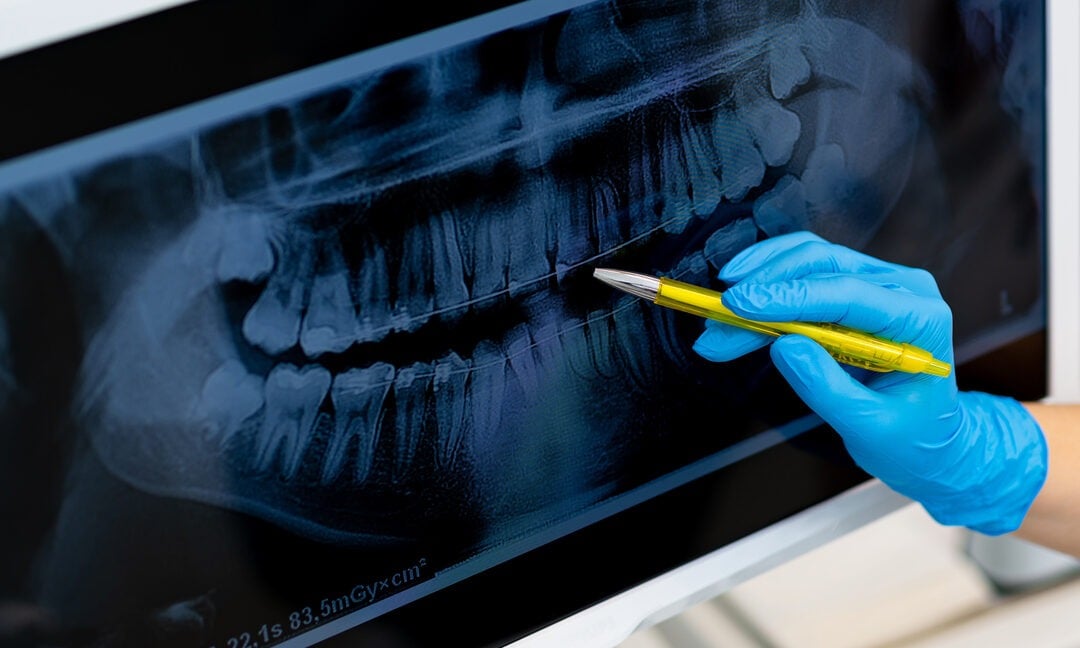Experience Comprehensive Dental Care with a Trusted Eugene Dentist
Experience Comprehensive Dental Care with a Trusted Eugene Dentist
Blog Article
Discover Constant Oral Worries Your Dental Expert Can Settle
Understanding constant dental problems is essential for keeping ideal dental health. Problems such as dental caries, periodontal condition, tooth sensitivity, poor breath, and tooth degeneration are common yet commonly overlooked up until they come to be severe. Routine oral gos to and individualized treatment plans can deal with these troubles successfully, ensuring a healthier and brighter smile.
Dental Caries
Tooth cavities, also known as cavities, are a common dental health concern triggered by the demineralization of tooth enamel due to acid manufacturing from bacterial plaque. This procedure begins when microorganisms in the mouth metabolize sugars and starches from food, generating acids that erode the enamel. If not attended to quickly, this disintegration can permeate much deeper right into the tooth, impacting the dentin and eventually the pulp, possibly resulting in extreme pain and infection.
The beginning of dental caries formation usually present as white places on the tooth surface, suggesting initial demineralization. As the procedure advances, these places can turn into brownish or black sores, representing extra comprehensive degeneration. Regular dental exams are important for very early detection, as tooth cavities in their incipient stages can be treated with remineralization methods, such as fluoride therapies.
When a cavity has created, restorative treatment is needed. Dental experts usually get rid of the decayed part of the tooth and load the dental caries with materials such as composite resin, amalgam, or ceramic. In a lot more extreme cases, a crown or origin canal treatment may be called for. Safety nets, consisting of excellent oral hygiene methods and nutritional alterations, play a pivotal role in reducing the danger of tooth cavities.
Gum Tissue Condition
While dental caries stand for a considerable worry for oral health, another crucial issue that demands focus is gum tissue illness. Known as periodontal illness, periodontal illness is an inflammatory condition impacting the cells surrounding and supporting the teeth. It is mostly triggered by the build-up of plaque-- a sticky film of bacteria that develops on teeth.
Gum illness proceeds via phases, beginning with gingivitis, identified by soreness, swelling, and bleeding gum tissues (dentists eugene). If left unattended, gingivitis can intensify to periodontitis, where the internal layer of the gum tissue and bone retreat from the teeth, creating pockets that become contaminated. Gradually, the toxic substances produced by the germs damage down the bone and connective cells that hold teeth in place, potentially bring about missing teeth
Early discovery and therapy are important. Expert dental cleanings and enhanced dental hygiene techniques, such as cleaning twice day-to-day and flossing, can handle gingivitis. For even more advanced phases, treatments might include scaling and origin planing, antibiotics, and even surgical interventions.
Regular dental check-ups play a critical duty in taking care of and protecting against gum tissue condition. Dental professionals can identify early indications and suggest ideal interventions, making certain the maintenance of healthy gum tissues and total oral health.
Tooth Level Of Sensitivity
Tooth level of sensitivity affects numerous individuals worldwide, offering an usual yet frequently stressful oral problem. This problem develops when the enamel, the outermost protective layer of the teeth, is endangered, revealing the underlying dentin. The dentin consists of microscopic tubules that lead straight to the dental pulp, where nerves stay. When subjected to stimulations find out here such as hot, cold, sweet, or acidic substances, these nerves are caused, triggering sharp pain or pain.
Numerous variables contribute to enamel disintegration and subsequent tooth level of sensitivity, including hostile brushing, acidic foods and beverages, periodontal recession, and bruxism (teeth grinding) Furthermore, dental procedures such as teeth lightening can briefly heighten level of sensitivity.
Foul-smelling Breath
One more common oral worry that impacts people' everyday lives is negative breath, clinically described bad breath. Bad breath commonly stems from inadequate dental hygiene, which allows food particles to stay in the mouth, promoting bacterial growth.

Referrals might include enhancing oral health techniques, such as routine cleaning and flossing, making use of anti-bacterial mouthwashes, staying moisturized, and resolving any kind of dental problems. Reliable management of bad breath not only enhances oral health and wellness but additionally dramatically boosts quality of life.
Tooth Degeneration

Stopping dental caries involves a combination of excellent dental health practices and routine dental exams. Brushing teeth at the very least Recommended Site two times daily with fluoride tooth paste, flossing to get rid of plaque between teeth, and restricting the intake of sweet foods and beverages are essential safety nets. Fluoride treatments, oral sealers, and expert cleanings supplied by a dentist can also play a significant duty in strengthening enamel and stopping decay.
Dental practitioners can remove corroded tissue and bring back the tooth with fillings made from materials such as composite material, amalgam, or porcelain. By attending to tooth decay immediately, dentists help preserve dental structure and function, making certain long-lasting oral wellness.
Conclusion
Dealing with usual oral worries such as tooth cavities, periodontal condition, tooth sensitivity, halitosis, and dental caries is important for preserving optimum oral health and general wellness. Dentists possess the knowledge to diagnose and deal with these issues effectively, ensuring customized take care of each client. Normal preventative measures and oral exams are vital in determining and managing these issues early, promoting a healthier and extra certain smile over a lifetime.

Tooth degeneration, likewise recognized as oral caries, takes place when the enamel, the outermost layer of the tooth, is deteriorated by acids produced by microorganisms in the mouth. Brushing teeth at least twice daily with fluoride toothpaste, flossing to get rid of plaque in between teeth, and limiting the consumption of sweet foods and beverages are vital preventive steps.Resolving common dental problems such as cavities, gum illness, tooth sensitivity, bad breath, and tooth degeneration is crucial for keeping ideal oral health and wellness and total health.
Report this page